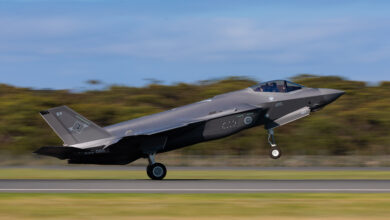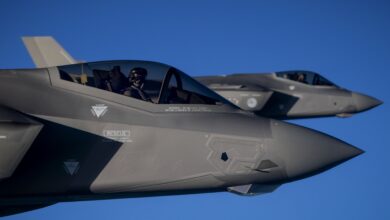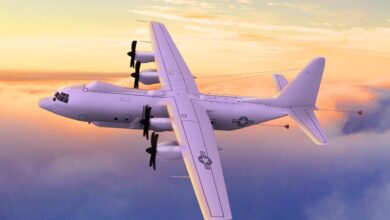US Air Force Hypersonic Air-Breathing Weapon Completes Final Test Flight
The US Air Force has completed the final test flight of its Hypersonic Air-breathing Weapon Concept (HAWC).
Conducted in collaboration with the Defense Advanced Research Projects Agency (DARPA), the test saw the HAWC missile launched from a B-52 bomber and flying at an altitude of more than 60,000 feet (18,288 meters).
It traveled more than 300 nautical miles (345 miles/555 kilometers) at speeds five times the speed of sound.
“This latest flight demonstrated improved capabilities and performance,” DARPA stated in a press release.
“The nation’s hypersonic portfolio now has two feasible hypersonic air-breathing missile designs (from Lockheed Martin and Raytheon) to improve and mature in the future.”
Despite completing its final test flight, DARPA said there is more work to do in the HAWC program, as additional data needs to be analyzed, and the technology has to mature.
A related program will also be launched for testing more hypersonic systems that build upon HAWC advances.
Enhancing Future Capabilities
The US Air Force’s HAWC program seeks to develop critical technologies that enable an effective air-launched hypersonic cruise missile.
The weapon can change trajectory after launch and evade enemy radars on the way toward its target.
It is called “air-breathing” because the missile is designed to capture air from the atmosphere to achieve sustained propulsion and very high speed.
Apart from developing a state-of-the-art weapon, the HAWC project has also created a generation of new hypersonic engineers and scientists.
“This month’s flight added an exclamation point to the most successful hypersonic airbreathing flight test program in US history,” program lead Walter Price said.
“The things we’ve learned from HAWC will certainly enhance future US Air Force capabilities.”












